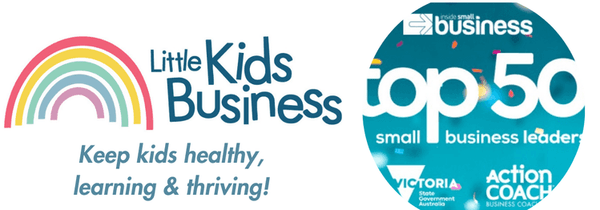Are you often meeting people and your child is hiding behind you and avoiding eye contact with anyone around them? Well if this is your child, you may be wondering, How Can I Tell The Difference Between Shyness and a Developmental Delay?
One question you might like to ask yourself is , does your child avoid eye contact or conversation at school but engage easily with family and friends? This may be a clue as to whether they are truely shy. A shy child is most likely to be nervously constrained if they feel they are ‘on show’. A shy child is generally more comfortable to watch the action from the sidelines rather than join in.
Being shy can be a little challenging however it is not all bad. Shy behaviour is also associated with the following positive behaviours including:
- Focusses easily on schoolwork.
- Is rarely in trouble.
- Is a wonderful listener.
- Is easy to be minded.
If you have a concern that your child may not be shy and may instead have a developmental delay the are some signs and symptoms which you can look out for.
- Learning and developing more slowly than other children same age. This is not an exact science so if it is slightly off, there may not be a need to worry, however if there is a growing gap, this may be cause for concern.
- Does your child roll over, sit up, crawl, or walk much later than developmentally appropriate? My daughter walked at 18 month, while her friends walked at 12 months and there were moment of slight concern, however she soon took off and all was well. For this reason, it is important to compare your child to a range of children and not one single child.
- Finds is very difficult to communicate and play with others. We know that there are going to be introverts in the world so it is important that you pay attention to , is this more than extroversions?
Could my child have selective mutism?
Selective Mutism is a complex childhood anxiety disorder. Children with this disorder show an inability to speak and communicate in social settings, such as school however these children are able to speak and communicate in settings where they are comfortable, secure, and relaxed.
More than 90% of children with Selective Mutism also have social phobia or social anxiety. Children with selective mutism will find it hard to make friends in the playground or at School.
Could my child have a developmental delay?
Children with developmental delays often express distress when they are with new people. Parents can usually easily pick up on these communication cues by observing their child’s facial expressions or hand gesture
WHAT CAN I DO IF I’M CONCERNED ABOUT MY CHILD’S SOCIAL CONVERSATION SKILLS?
It is best to have your child’s hearing tested by age 4 as this is also connected to speech delays.
Many Kindy programs and Schools can conduct speech testing so that you can provide early intervention to assist your child to communicate clearly.
Discuss any concerns with your child’s school or Childcare provider and take their feedback onboard. Now is not the time to become protective and duck your head in the sand. Now is the time to be your child’s advocate and get them any help which they may require.



